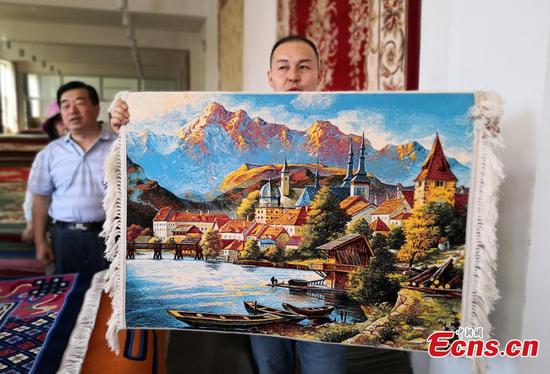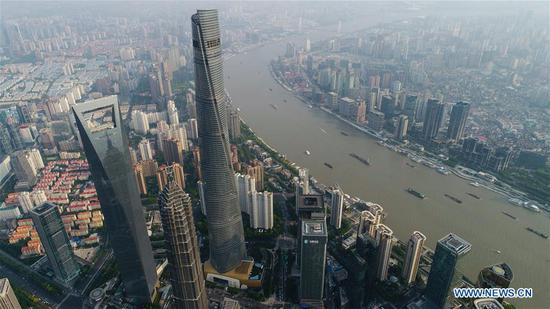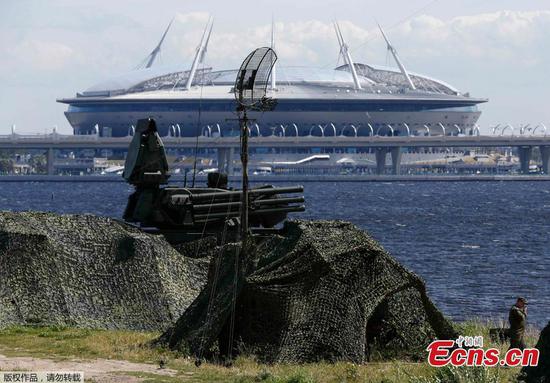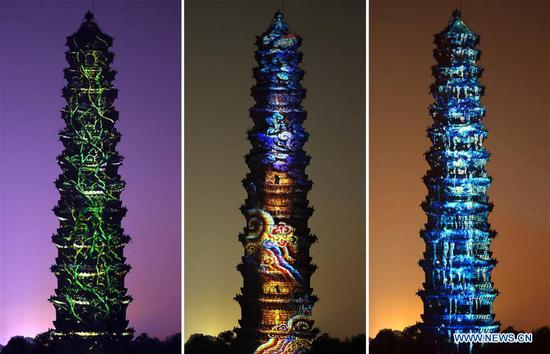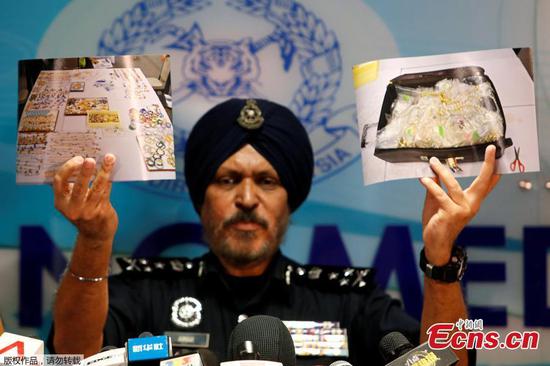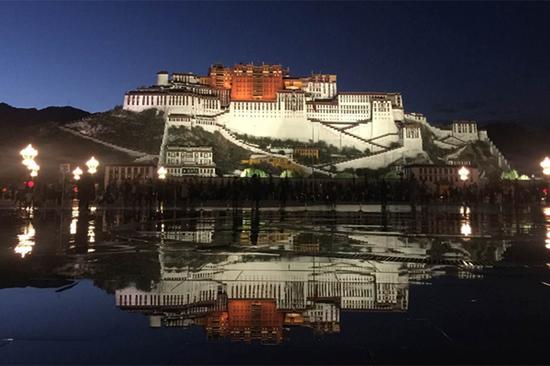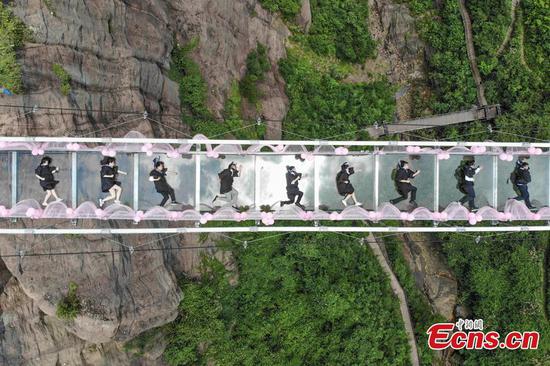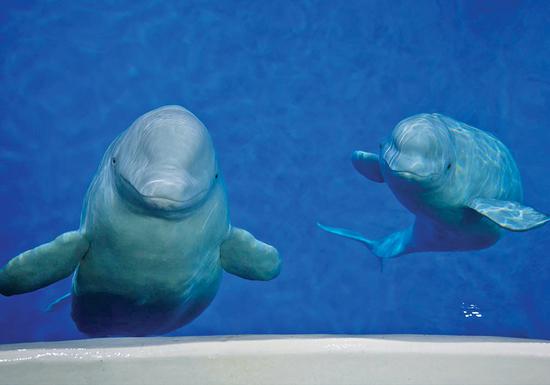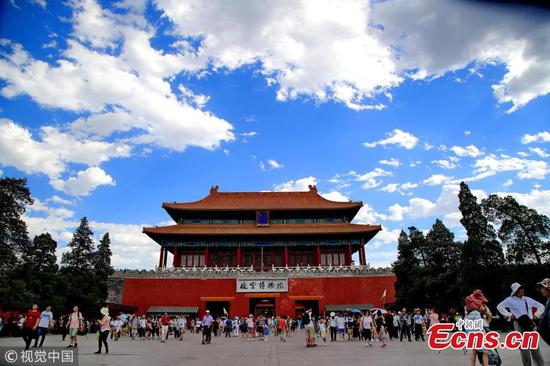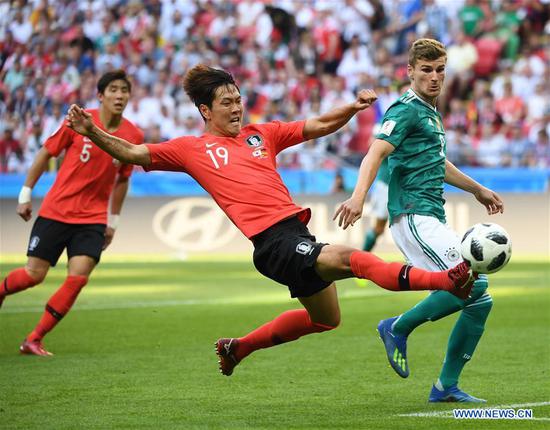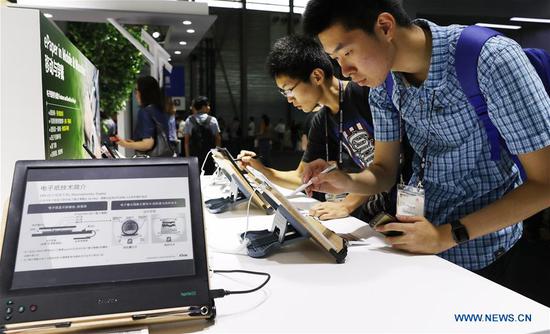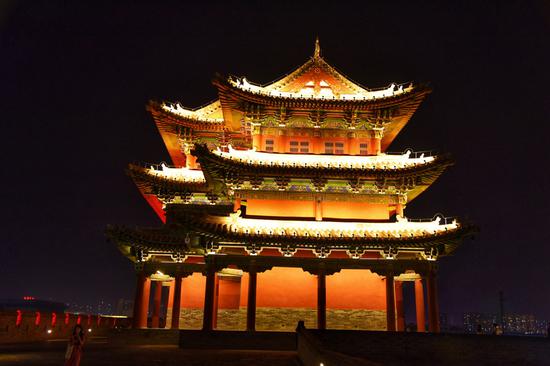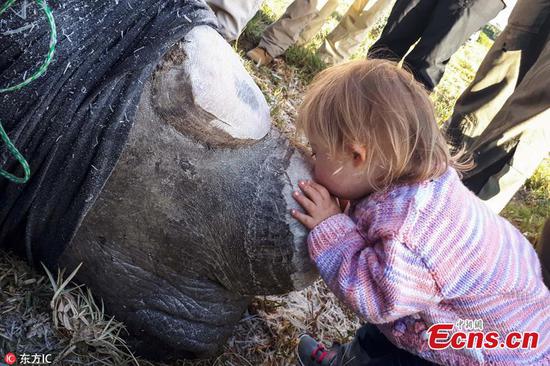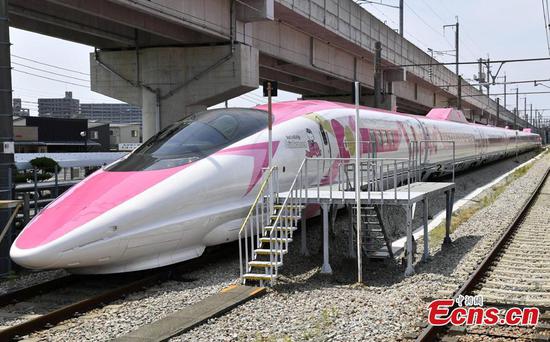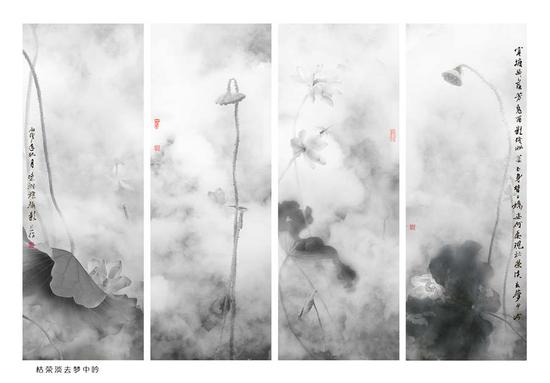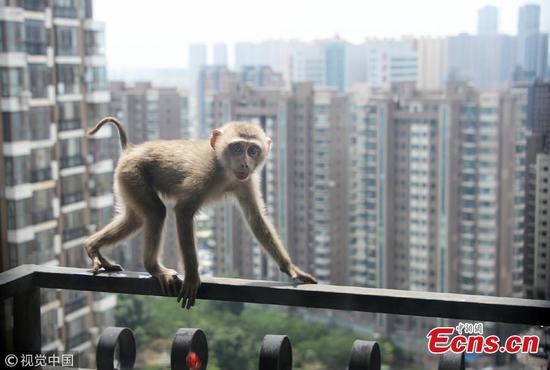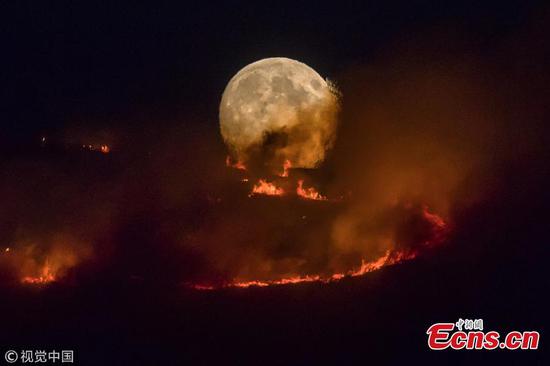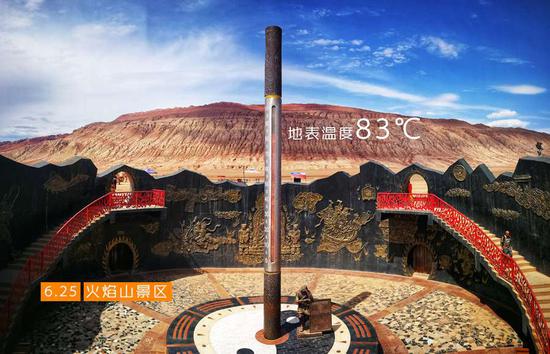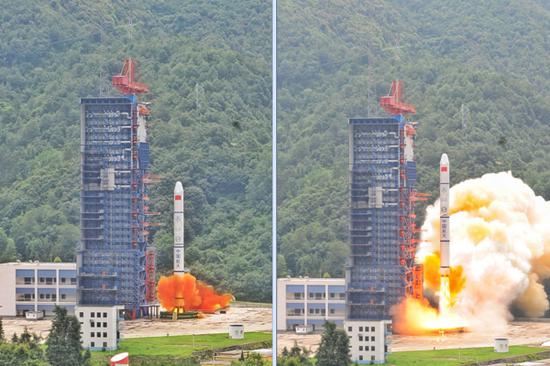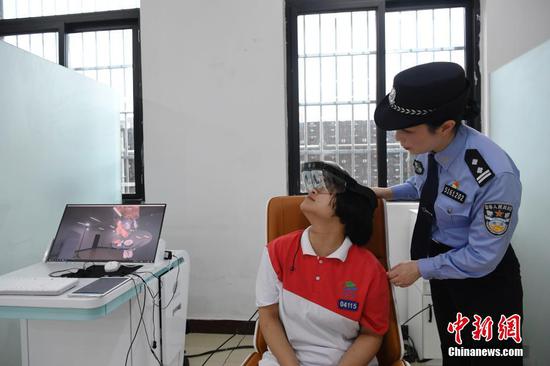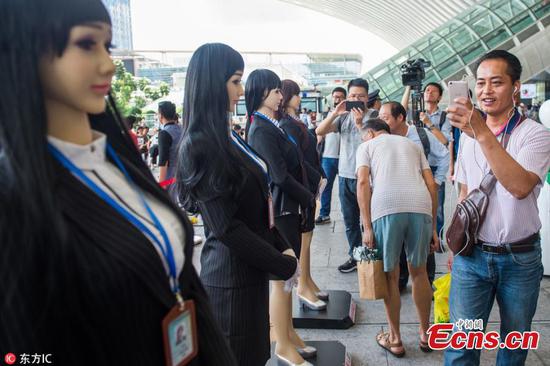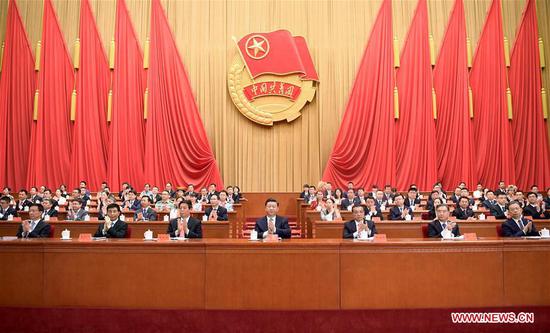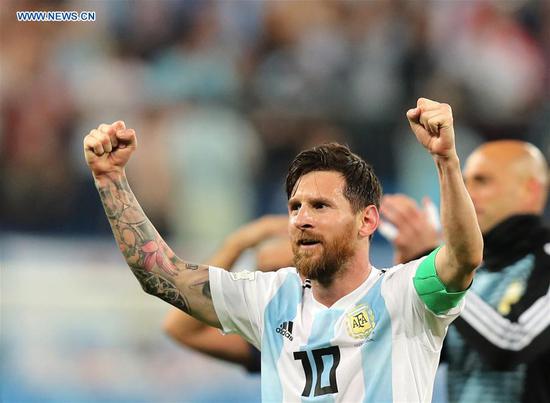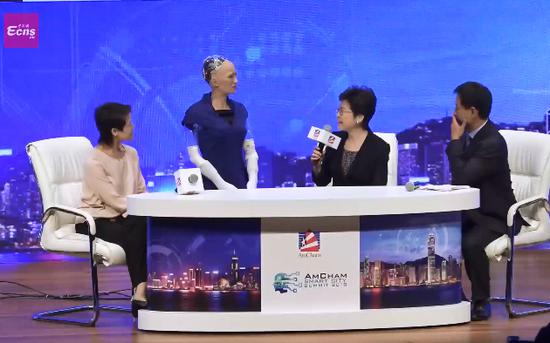Accusations that China steals intellectual property rights (IPRs) and forces technological transfers are sheer fabrications out of nothing and groundless, Vice Minister of Commerce Wang Shouwen told a press briefing Thursday.
"China is firm on IPR protection and has taken notable measures which have produced recognized results," Wang said.
Citing surveys by the American Chamber of Commerce in China (AmCham China) and the European Union Chamber of Commerce in China (European Chamber), Wang said IPR protection is far from the most prominent issue for the member enterprises.
According to the AmCham China's business climate survey, member enterprises saw IPR as the 12th issue of major concern for their Chinese operations, while a similar survey by European Chamber listed IPR the 11th.
"If China had forced technological transfers, failed in IPR protection, or even stolen IPRs, the enterprises would have complained directly," the vice minister said.
"The reason enterprises have not complained or listed IPR as their primary concern is because China has done a good job in handling IPR related issues," Wang said.
In terms of IPR legislation, China has enacted laws and regulations which are compliant with the WTO rules and increased law enforcement on this front, he said.
China has set up three IPR courts in Beijing, Shanghai and Guangzhou, and special judicial organs in 15 cities to handle cross-regional IPR cases. Moreover, the State Intellectual Property Office has been restructured to strengthen law enforcement.
As a result, foreign IPR holders have won 80 percent of the infringement lawsuits they filed in China, Wang said.
"China has never stopped promoting IPR protection," Wang said, adding that foreign enterprises have spoken highly of the measures.
Since 2001, intellectual property royalties paid by China to foreign rights holders have registered an annual growth of 17 percent, reaching 28.6 billion U.S. dollars in 2017, according to a white paper titled "China and the World Trade Organization" which was released Thursday.
Last year, China's invention patent applications ranked the first in the world for the seventh consecutive year, another example of China's sound protection of IPRs, Wang said.
"IPR protection in China is not perfect, but this fact does not lend legitimacy to any accusations that China's defects in IPR protection are the root cause of trade frictions," the vice minister said.
"China will continue to work hard in strengthening IPR protection for the interests of not only Chinese but also foreign enterprises," Wang said.











